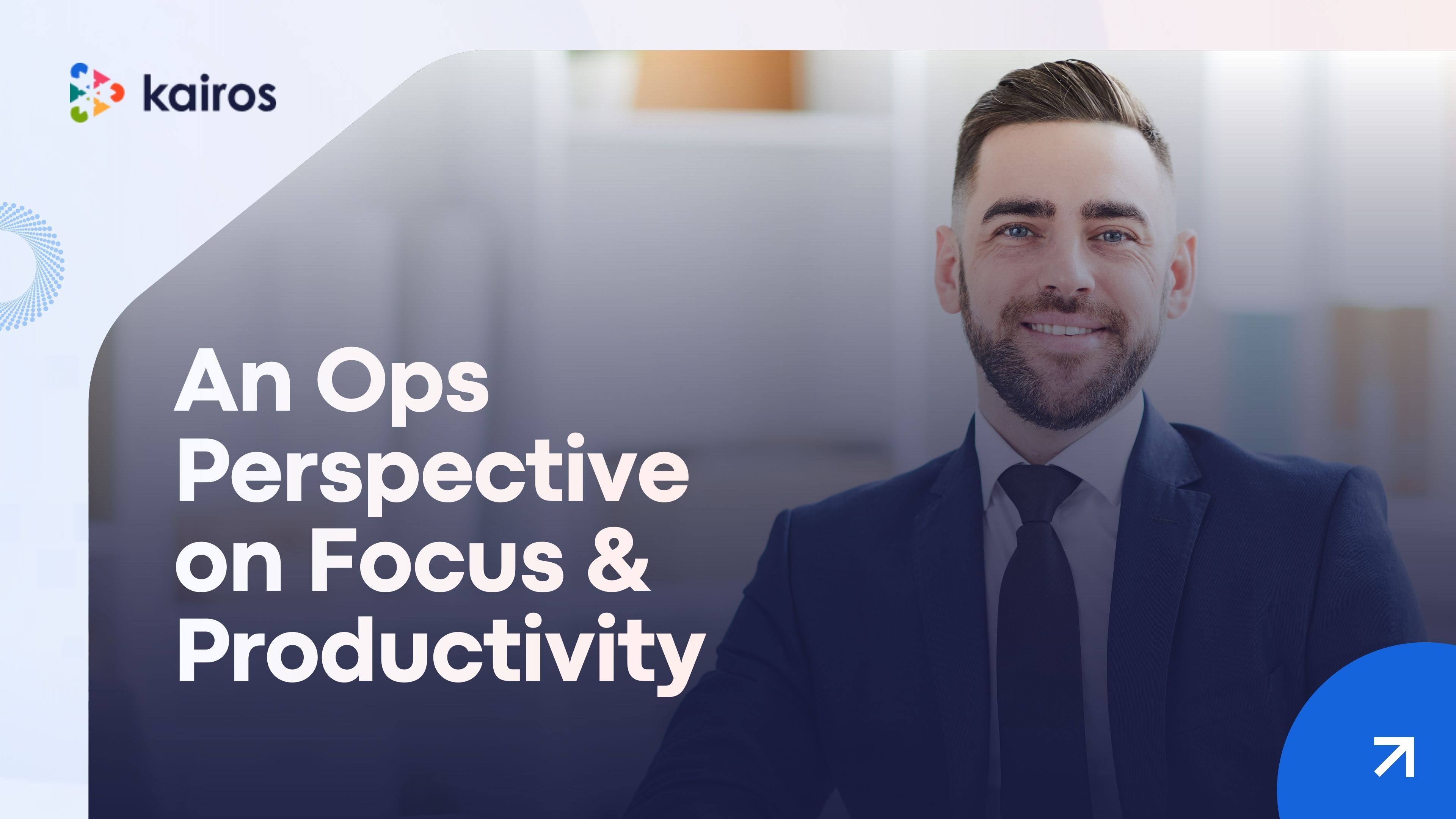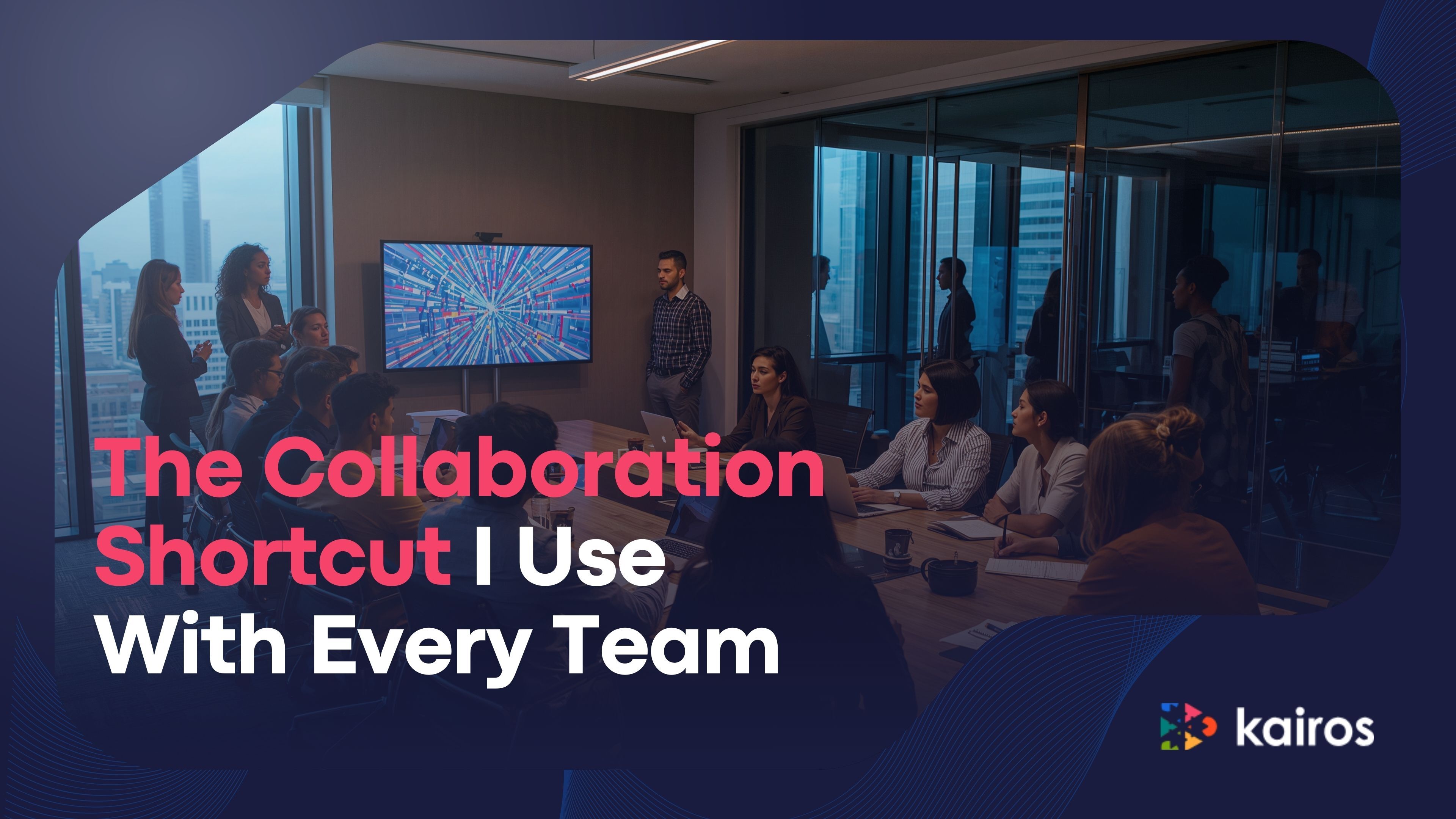The Power of the Feedback Loop for Change Management: Turning into Super-You!
Last week I got a message from a peer, all it said was “Can I give you some feedback?”.
There it is. Those words that generally mean you messed up, failed at something or are generally performing below expectations.
Nobody likes failing. As a textbook Type A person, performance is part of my identity.
Time for a “Fight or Flight” response?
Hold on. Let’s take a step back.
Is my peer – who has been by my side for the last 90 days, deep in the trenches figuring out how we can take the organization to the next level – trying to harm me? Do they benefit from my downfall?
The exact opposite is true.
They want to see me ** succeed **. They’re on my side. Their feedback is truly a gift that helps me get to where I need to go to accomplish my personal and our shared goals. By listening to their perspective, I am offered an opportunity to change my tactics, goals, or processes before it’s too late.
Years ago, I intentionally wired my brain to seek and lean into feedback.
Not to get validation of what I thought to be true, but to uncover blind spots and help me improve. It made it into my top 3 leadership values.
(Message khissa@meetkairos.com if you want to know #1 & #2!)
Adapting an Agile Perspective to Change Management
Adopting an agile mindset, continuous feedback empowers me to respond swiftly and pivot strategically. With constructive feedback, I can adapt processes, communications, and training to fit my organization’s needs before things progress too far and become difficult to change.
This continuous feedback loop fosters a culture of continuous improvement and agile execution, enhancing efficiency and driving successful transformations across the organization.
The Science of Change Management in Meetings
Agile methodologies have revolutionized software development, and their principles can be applied to other areas, including change management. One critical aspect often overlooked in agile change management is meetings. Take a look at this excerpt from Dr. Steven Rogelberg where he talks about how to better get a clear picture of meeting culture within an organization.
Many organizations simply assume that people instinctively know how to conduct effective meetings. However, Dr. Steven Rogelberg has found that the reality is that 75% of managers receive no meaningful training around meetings. This can include no formal training on meeting facilitation, agenda-setting, or active listening. This lack of skill development can lead to unproductive, time-wasting meetings that hinder progress and erode morale.
To foster a more agile and adaptive organizational culture, it’s essential to prioritize ongoing feedback and training on meeting best practices. By encouraging constant reflection and improvement, we can create meetings that are not just efficient but also meaningful and inspiring.
Fixing The Broken [Feedback] Loop
I’m sure you’ve worked with a Micro Manager before, have you ever had an Absentee Manager? As many problems in today’s workforce, both leadership styles are amplified in a hybrid and remote setting.
To ensure alignment between employees and the organization, the best path forward is to systematize it. Build habits. Take advantage of technology that allows you to set cadence of reminders, integrate feedback into all your processes and create accountability through reporting. (Can you tell my background is in Operations?)
Take a look at our latest blog, How Unproductive Meetings Create Employee Churn where we discuss how satisfaction with workplace meetings relates to overall job satisfaction and employee retention.
Continuous Feedback is the Cornerstone to Sustainability
To receive valuable continuous feedback, you must first create an environment receptive to change. Feedback that you receive is just as valuable from workplace peers as it is from your direct reports. In our recent article, Drive Transformation and Employee Engagement we talk about how you can show your dedication to optimizing operations and boosting team effectiveness.
By welcoming feedback, you create an organizational culture that can adapt and pivot, ultimately helping the company achieve its goals.
Unlock Your Potential with Feedback & Kairos
Kairos combines meaningful hard data with AI and the cherry on top is gathering feedback from stakeholders! Meaningful change in your organization requires more than productivity or note-taking tools.
It’s fascinating to watch how small process changes lead to organizational focus and momentum towards strategic goals. A constant feedback loop across all levels of your organization is essential to ensure long-term success!


